How Can Europe Achieve Social Justice?
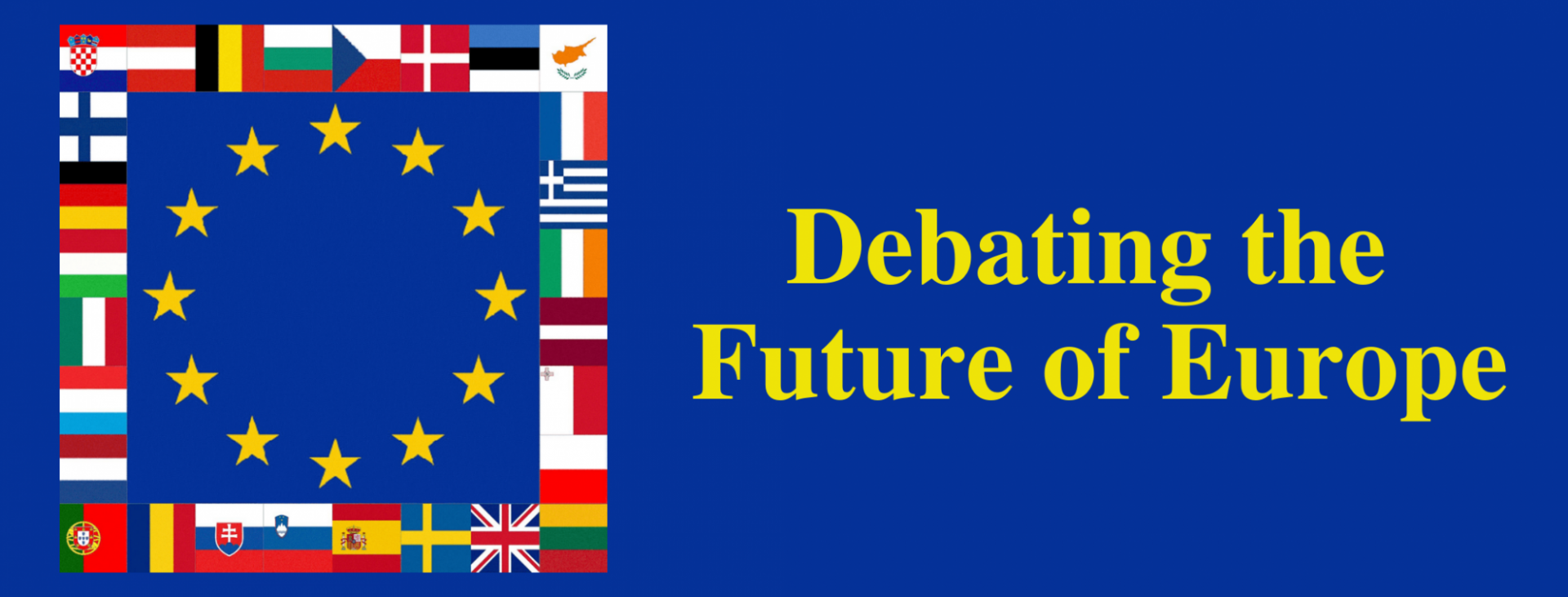
LIVE VIRTUAL DEBATE | 1pm (EDT) | 7pm (GMT+2)
In the context of increased concern in Europe and America about inequalities, social exclusion, and discrimination, this debate will revisit Europe's commitment to promoting social justice.
Join Leila Hadj Abdou (European University Institute), Turkuler Isiksel (Columbia), and Andreas Wimmer (Columbia) as they discuss current social and political trends in Europe and whether the EU is well-placed to address these challenges. The debate will be moderated by German television journalist Ali Aslan.
This discussion is part of the series “Debating the Future of Europe,” organized by Columbia Global Centers | Paris, the European Institute and the Alliance Program. The series is co-sponsored by Columbia's Alumni Association, Institute for Ideas and Imagination, European Legal Studies
Center, Maison Française, and the Columbia University Libraries. These debates are made possible in part thanks to the support of the Erasmus + programme of the European Union and the Advisory Board of the Paris Global Center.
SPEAKERS
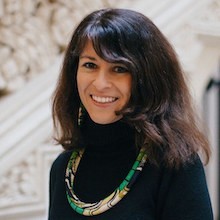
Leila Hadj Abdou is a Teaching and Research Fellow. She is responsible for the design and delivering of training on international migration provided by the European University Institute’s Migration Policy Center within the School of Transnational Governance. Before that she was working on a European Research Council (ERC) project exploring understandings of and approaches to international migration by key governance actors in four world regions, including Europe, North America, South America and Asia Pacific. She has published on migration governance, migration protests, immigration and immigrant integration policies, the regulation and contestation of Muslim practices in Europe, and the populist radical right. She also has extensive, practical experience in the field of asylum/migration, having held positions in 2016 and 2017 as a project coordinator for an NGO working with unaccompanied minor asylum seekers, as well as in an educational centre working with adult refugees, and refugee care workers.
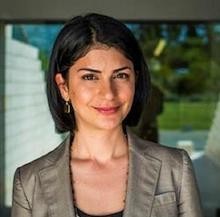
Turkuler Isiksel (Ph.D., Yale) is currently the James P. Shenton Associate Professor of the Core Curriculum at Columbia and works in contemporary political theory. She is particularly interested in how descriptive and normative categories tailored to the nation-state apply to political institutions beyond that context, and combines the perspectives of normative theory, legal analysis, and institutionalist political science in her work. Her substantive research interests include constitutional theory, the law and politics of the European Union and other international economic institutions, Enlightenment political philosophy (especially the evolution of ideas about commerce and international politics in the eighteenth century), theories of corporate personhood, sovereignty, citizenship, and human rights.
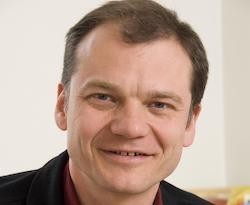
Bruno Palier is CNRS Research Director at Sciences Po, Centre for European Studies and Comparative Politics. Trained in social science, he has a PHD in Political science, and is a former student of Ecole Normale Superieure. He co-directed then directed the LIEPP (Laboratory for interdisciplinary Evaluaiton of Public Policies) between October 2014 and July 2020. He works on the comparative political economy of welfare state reforms. He is currently co-leading a project on the world politics of social Investment and another one on Growth and Welfare in Global Capitalism.
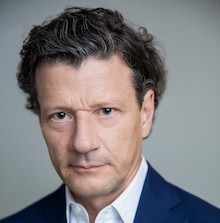
Andreas Wimmer is Lieber Professor of Sociology and Political Philosophy at Columbia University. His research brings a long term historical and globally comparative perspective to the questions of how states are built and nations formed, how individuals draw ethnic and racial boundaries between themselves and others, and which kinds of political conflicts and war results from these processes. Using new methods and data, he continues the old search for historical patterns that repeat across contexts and times. He has pursued this agenda across the disciplinary fields of sociology, political science, and social anthropology and through various styles of inquiry: ethnographic field research (in Mexico and Iraq), comparative historical analysis, quantitative research with cross-national or survey data, network studies, and formal modeling.
MODERATOR
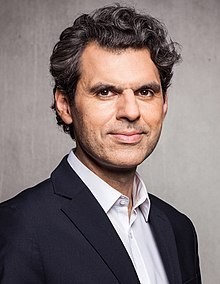
Ali Aslan is an internationally renowned TV presenter and journalist with over 20 years experience as a talk show host, news anchor, correspondent and moderator. His journalistic career spans three continents and includes work for CNN in Washington DC, ABC News in New York, Channel News Asia in Istanbul and Deutsche Welle TV in Berlin. An experienced TV anchor, Aslan hosted the international talk show "Quadriga" on Deutsche Welle TV which reached 200 countries and 90 million viewers each week. Aslan regularly moderates at high-level global conferences and has shared the stage with top world leaders, including Angela Merkel, Emmanuel Macron, Justin Trudeau, Christine Lagarde and Bill Clinton. Aslan studied International Affairs and Journalism at Columbia University and International Politics at Georgetown University.
ABOUT THE SERIES
From October 2020-March 2021, the “Debating the Future of Europe” series will present twelve online programs on six important questions facing Europe today:
Oct 6 & 13: How Can Europe Achieve Social Justice?
Nov 10 & 17: Are Europe and America Drifting Apart?
Dec 6 & 15: Can the EU Lead the Fight Against Climate Change?
Jan 19 & 26: Is Europe Democratic?
Feb 2 & 9: Is There a European Identity?
Mar 2 & 9: Can Europe Be Sovereign?
The six issues will be explored in two programs apiece, an interview in French followed a week later by a moderated discussion in English. The twelve programs will feature a mix of leading scholars from Columbia who specialize on European affairs and prominent creative writers, intellectuals, scholars, and journalists from the EU.
